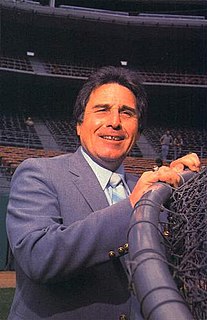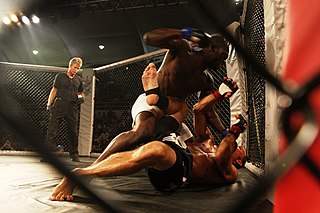A Quote by Jack Garratt
People don't want to hear the same song 12 times in a row on an album.
Related Quotes
Most people don't take some things into consideration. When they hear an album, they hear the artist or they hear the lyric or they hear the melody. But they don't really think about the environment in which it was recorded, which is so important. It's that thing that determines what the album sounds like.
A big part of making an album is that you want to have enough material - you want to have enough stuff for people to hear and know that it represents you. So it does sometimes turn into a situation where you're saying to the person you're working with, "Well, what do you want?" But then there are other times when I work with people and they'll turn to me and say, "How do you want to do this?" And that's actually when I work best.
To me, in life, if there's, like, a rule, and I think it's ridiculous, then of course I'll circumvent that but also point out how ridiculous the rule is. Other than that, if I go to a concert, and my seat is Row G, Seat 12, I'm sitting in Row G, Seat 12. I don't care if I'm with five other friends, I'm supposed to be in Seat 12, that's my seat.



































